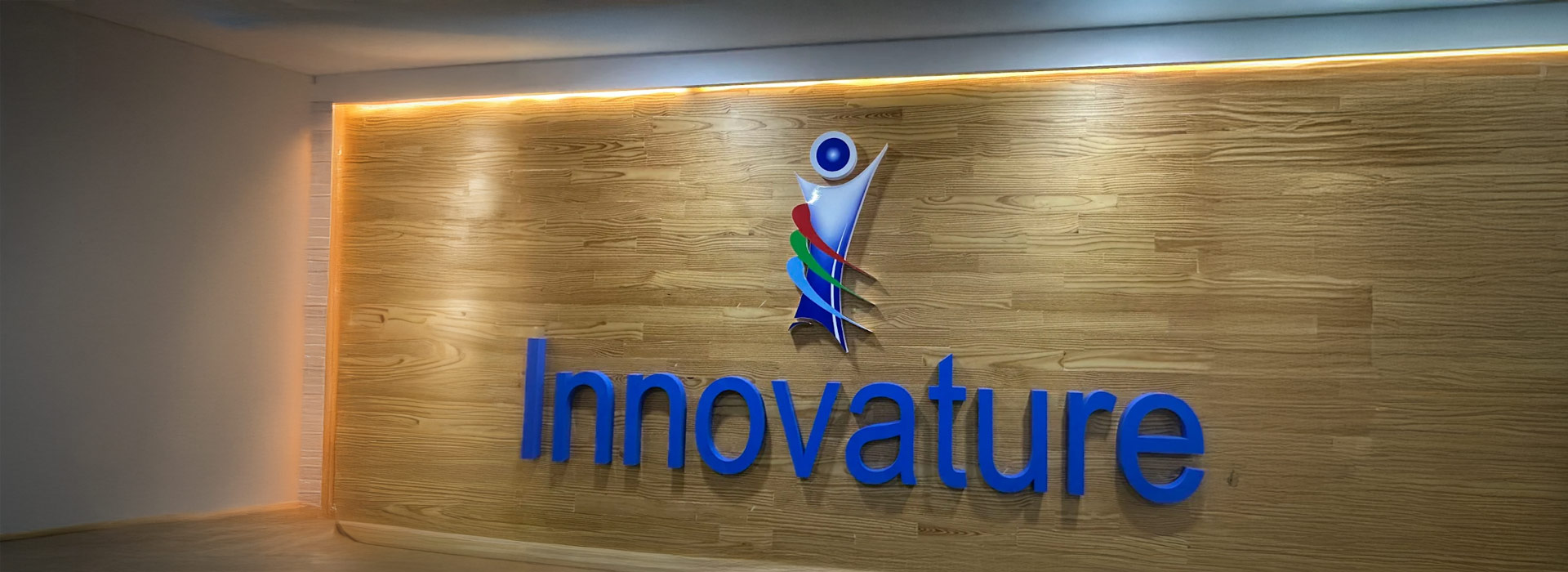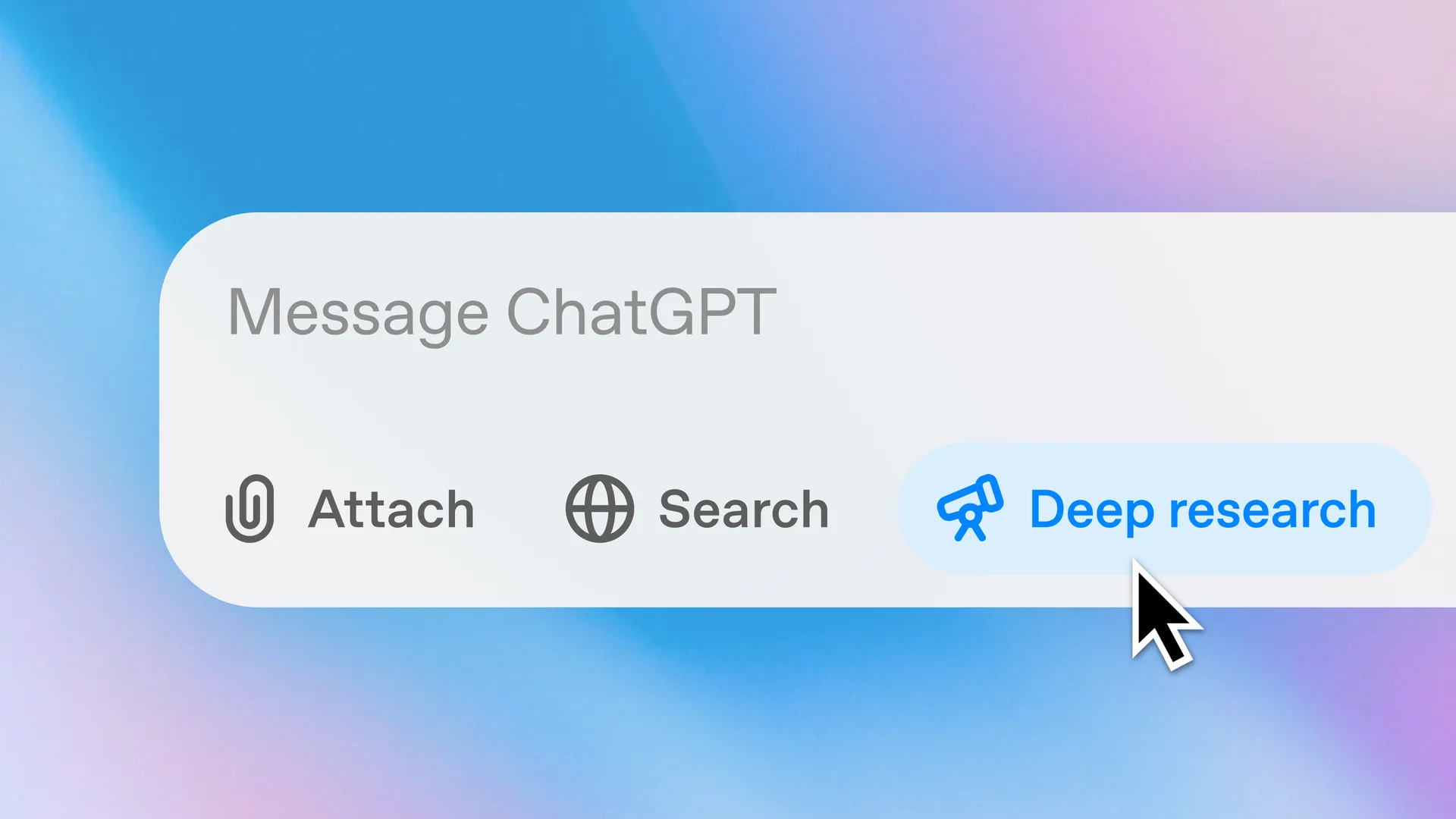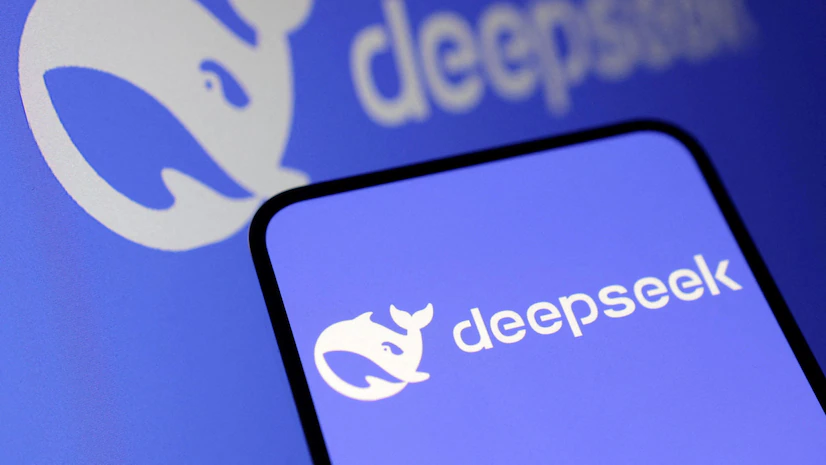
Inclusive AI: Shaping the Future for Everyone
- Yuto Misaki
Introduction
Artificial Intelligence (AI) has become an indispensable force shaping our world. As we witness AI’s unprecedented growth, it is crucial to pause and reflect on the importance of fostering inclusivity within this realm. In this blog, we’ll explore why embracing inclusive AI is not just a moral imperative, but a strategic necessity for building a diverse and equitable future.
Reflecting Human Diversity
AI systems are designed to mimic and augment human intelligence. To achieve this, effectively Inclusive AI ensures that a wide array of perspectives, experiences, and cultural nuances are considered, leading to more comprehensive and unbiased decision-making.
Avoiding Bias and Discrimination
AI algorithms are only as unbiased as the data they are trained on. By fostering inclusivity, we can mitigate the risk of algorithmic bias, ensuring that AI technologies do not inadvertently discriminate against certain groups and instead serve all individuals equally.
Expanding Market Reach
By considering the full spectrum of users during AI development, companies can create products and services that resonate with a broader audience, expanding their market reach and potential for success
Building Trust and Transparency
Trust is paramount when it comes to AI adoption. By involving diverse stakeholders and communities in the AI development process, we can build trust in technology, assuring users that their concerns are acknowledged, and their needs are considered.
The First Step
Bias is not a simple problem with just two sides. It’s more like a range with different levels and ways it shows up. Understanding this is crucial for making AI systems that are really fair.
One of the common types of bias is dataset bias, which occurs when the training data for AI lacks a comprehensive representation of its entire user base. This results in certain groups being inadequately represented and thereby misrepresented in the decision-making processes.
A recent survey involving 1,000 American shoppers revealed that 79% of consumers are reluctant to use AI-driven product recommendations because they feel these suggestions lack personalization.
When we gather different datasets, we need to be careful. We have to balance getting diverse and correctly labelled data with respecting people’s privacy and asking their consent to use their information. Also, when designing AI, we should find a good balance between being smart and being open to new things. This means AI should learn from the past but also encourage human creativity.
Getting customers involved in training AI is a good idea. It helps include more opinions and experiences, shaping how AI acts.
Who makes AI is important too. If the teams creating AI have diverse members with different experiences, they can better find and fix biases. The journey to making fair AI is ongoing and needs us to always pay attention and adapt.
In the end, it’s up to AI designers and users to take a people-centric approach. We need to understand and appreciate the diverse and complex ways people live and actively work to make AI a tool that’s fair and equal for everyone.
The Bottom Line
It’s crucial to embrace inclusive AI not just because it’s the right thing to do, but because it’s essential for staying ahead in the tech world. At Innovature, we’ve always been at the forefront of technology, and part of that involves making sure our AI is inclusive.
We understand that people are diverse, and our solutions should reflect that. We’re taking steps to make sure our AI solutions are not only advanced, but also consider the different experiences people have. Furthermore, we do this by having diverse teams, talking directly to our users, and always improving our approach to follow fair and inclusive AI practices.
Being a leader in tech means leading the way to a future where everyone benefits from technology. So we’re committed to making inclusive AI a part of that future-Technology Is For Everyone.












